Although their Mongol overlords (beginning with the founding of the Yuan dynasty by Kublai Khan in 1280) tyrannized the Chinese in nearly every area of life, the arts enjoyed a new-found freedom. On the one hand oppressed, on the other released from the straight-jacket of Confucianism, the Chinese made the most of recent developments in poetry and drama. Yuan plays were a tonic, an amazing spectacle—colorful outbursts of singing, dancing, music, acting and mime. They poured new life into old stories—oppressors were ridiculed, servants became masters, scenes changed, day followed night in the twinkling of an eye—and audiences flocked to enjoy what must have been complete entertainment.
For more than seventy years, Penguin has been the leading publisher of classic literature in the English-speaking world. With more than 1,700 titles, Penguin Classics represents a global bookshelf of the best works throughout history and across genres and disciplines. Readers trust the series to provide authoritative texts enhanced by introductions and notes by distinguished scholars and contemporary authors, as well as up-to-date translations by award-winning translators.

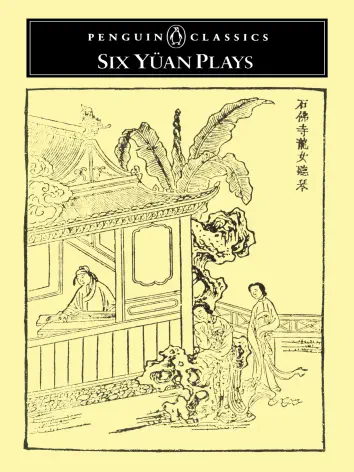
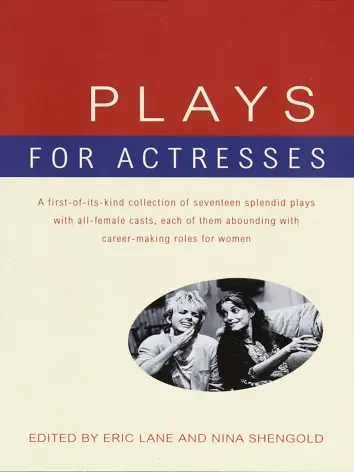
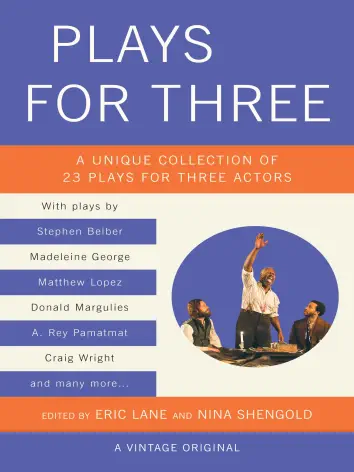
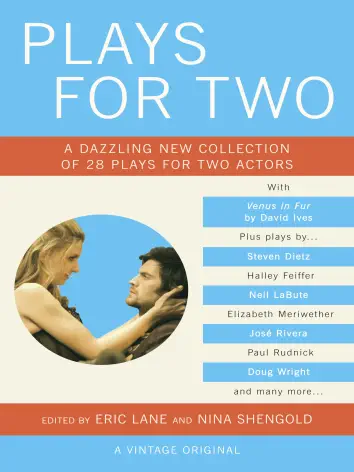
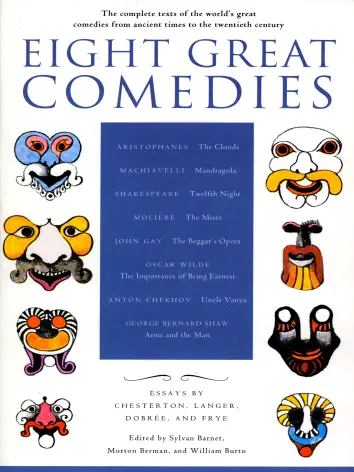
Reviews
There are no reviews yet.